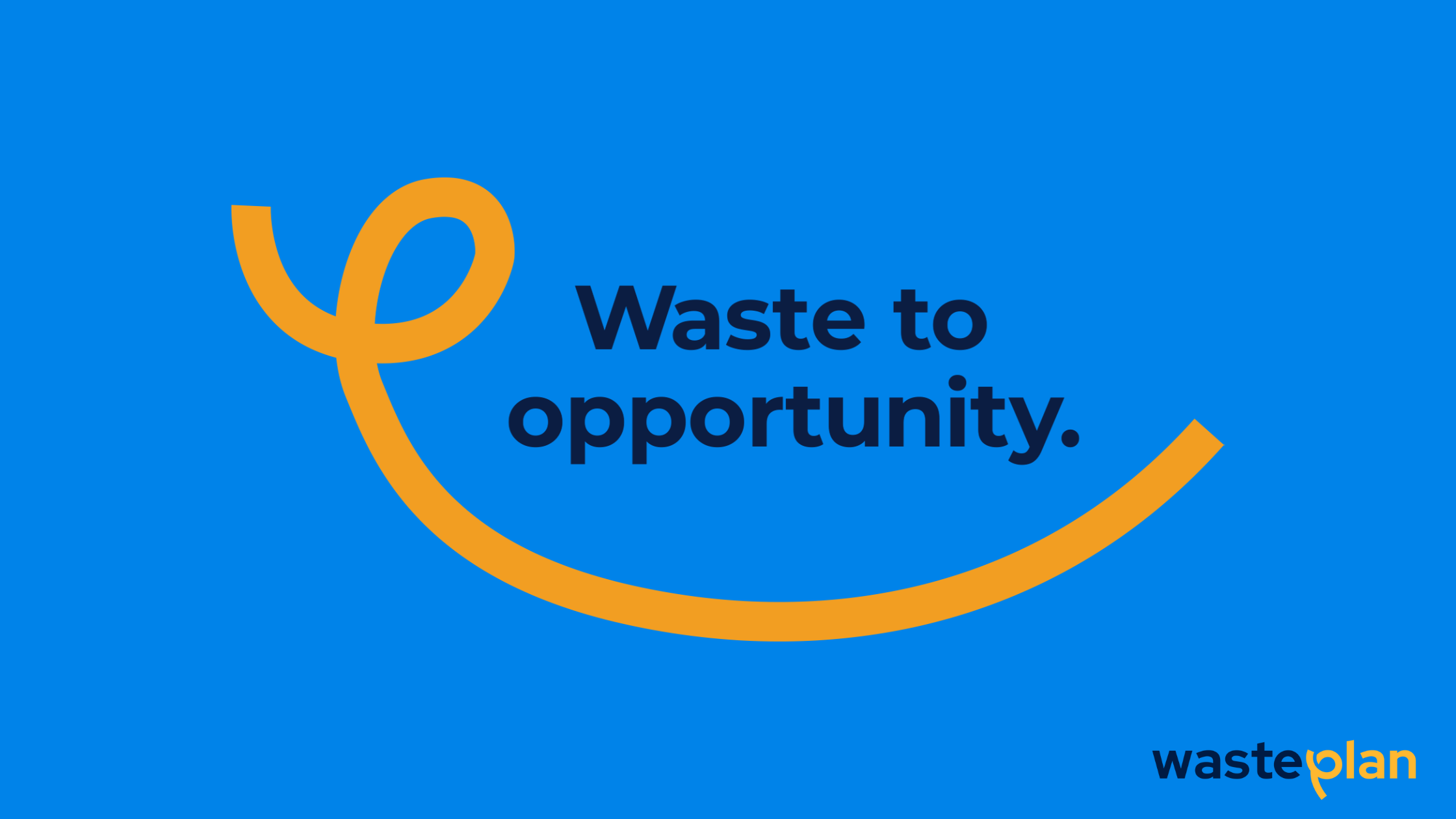An integrated waste management strategy can provide additional revenue streams for businesses while also creating jobs in the green economy, helping put South Africa on the path to socio-economic growth.
“A path to prosperity that ravages the environment and leaves a majority of humankind behind in squalor will soon prove to be a dead-end road for everyone.” These words were spoken nineteen years ago at the World Summit on Sustainable Development, held right here in South Africa. Then UN secretary-general, Kofi Annan, went on to emphasise the dire need to implement agreements like the Millennium Development Goals, of which sustainability is the key goal that underpins all the other goals.
Flash forward to 2020, and government introduces the National Waste Management Strategy (NWMS) 2020, which, building on previous strategies, essentially provides an action plan for the National Environmental Management: Waste Act (Act 59 of 2008). At the core of the NWMS is the idea of the circular economy, a concept which focuses on building an industrial system that’s intentionally regenerative.
So instead of the old, linear way of doing business - where, for instance, a product would have an end-of-life cycle - there’s a shift towards restoration, renewable energy, eliminating toxic chemicals which can’t be reused or returned to the biosphere, and getting rid of waste through better design. One example of this is industrial symbiosis, where waste is redirected from one production process to serve as raw materials for another production process. One man’s trash literally becomes another man’s treasure.
The green economy
In the wake of the COVID-19 pandemic and its detrimental effects on South Africa’s economy, it’s now more important than ever to transform businesses into sustainable operations that impact the bottom line while effecting social change.
According to the World Bank, the economy contracted by 7% in 2020, amidst containment measures related to the pandemic. The effects are devastating, with an estimated two million more people living below the poverty line. This on the back of several years of low economic growth.
Now for what role you can play in turning this scenario around. The green economy is one of four sectors prioritised by the government to assist with the country’s economic recovery. With good reason - it’s a sector that has the potential to create 69 000 new jobs and empower more SMMEs and cooperatives, with President Cyril Ramaphosa envisioning an escalation in the total contribution of the waste economy, from R24.3 billion to R35.8 billion, creating 127 000 new direct and indirect jobs by the year 2023. Jobs which include:
- Manufacturing jobs for companies who make recycling equipment.
- The sorting and recycling of materials at recycling facilities.
- Working for manufacturing and remanufacturing factories, which take recycled materials and make them into new products (computer refurbishers, outdoor furniture makers, recycled paper, etc.).
- Working as an informal picker, a segment of the informal jobs sector which government aims to integrate into the country’s waste economy.
- Working for charitable organisations and facilities, who accept goods for reuse or resale.
In fact, according to a 2011 survey done by Sapro and the SA Plastics Federation:
- Recycling one additional ton of waste would generate R1 095 more in salaries, produce R4 905 more in goods and services, and generate R1.3 million more in sales than disposing of it in a landfill.
- During the four years of the survey, 28.9 percent of all plastic packaging was recycled by 200 to 220 plastics recycling manufacturers in SA. These companies employed 4 800 people and also created 35 000 indirect jobs that have an annual payroll of R250 million.
Important pieces of legislation
Driven by issues such as carbon economics, resource scarcity, commodity prices, globalisation, climate change and tightening regulation, the waste sector has an opportunity to make a significant contribution to socio-economic growth and development. The global community has taken note, with policy shifts worldwide embracing the need to rethink how we manage our waste.
Locally, government zones in on this through several pieces of legislation and regulations. Below, we look at a few of these.
The National Environmental Management: Waste Act (59 of 2008)
The bedrock of waste legislation in our country, the Waste Act sets the national norms and standards for regulating waste management across SA, including licensing, compliance and enforcement. Disincentives are currently under review that will include, waste disposal taxes, product taxes and levies on waste streams of various products.
The Carbon Tax Act (15 of 2019)
As a result of its reliance on coal, South Africa is the world’s 14th-largest emitter of greenhouse gases. As part of its commitment to transition to a low-carbon economy, government enacted the Carbon Tax Act in 2019. The Act sees companies taxed on direct emissions of R127 per CO² equivalent emitted. That cost will rise to R134 this year, and escalate at 10% per annum over the next five years.
The National Environmental Management: Air Quality Act (39 of 2004)
The Air Quality Act sets out the national norms and standards regulating air quality monitoring, working to provide reasonable measures for the management of pollution. This includes determining parameters for businesses to comply with the latest amendments.
SA Plastics Pact
Our planet is 71% water, 96.5% of which consists of the oceans. At least eight million tons of plastic end up in our oceans every year. This pollution threatens ocean health, food safety and quality, human health, coastal tourism, and contributes to climate change. The SA Plastics Pact is part of a worldwide initiative that brings together businesses, governments, and NGOs at national or regional level to rethink the plastic economy and commit to ensuring that plastic doesn’t become waste or result in pollution.
King IV Report on Corporate Governance™ for South Africa, 2016
The basis for this set of voluntary principles and leading practices is sound corporate governance. Focused on outcomes, it calls companies to higher levels of ethical leadership, transparency and measured accountability. As the KPMG King IV summary guide puts it, “Inclusive and integrated governance that aspires to sustainability is good for society, the economy and South Africa.”
Zero Waste to Landfill
Moving waste up the hierarchy away from landfilling towards waste prevention, reuse, recycling and recovery creates environmental, social and economic opportunities for a country. In its push to align with current international best practice, South Africa is putting Zero Waste to Landfill targets in place, as evidenced by the NWMS outcomes. As part of the revised legislation, some waste streams, like liquid and certain types of hazardous waste, are no longer permitted at landfills.
Extended Producer Responsibility (EPR)
Published last year, the EPR is a piece of legislation which basically holds producers responsible for their products throughout the product life cycle. This means that both the financial and physical responsibility for the product, from raw material extraction through product design and use, and ultimately, the post-consumer stage (recovery and recycling or re-use) falls on the shoulders of the producer.
Waste management can also provide additional revenue streams for business owners willing to explore the numerous possibilities. For example, certain types of plastic packaging can be recycled into a variety of products, ranging from crates, bins, pallets, refuse bags and outdoor furniture to dustbins, irrigation pipes, resin construction films and furniture covers.
Integral to this is the need for a waste management strategy that pulls together the interrelated aspects of sustainable business into one comprehensive approach.





